In the late 19th century, across the vast cotton fields of the American South, the voices of formerly enslaved people — still bearing the weight of centuries — began to turn sorrow into song.
From their chants and work cries, a new kind of music emerged — the Blues.
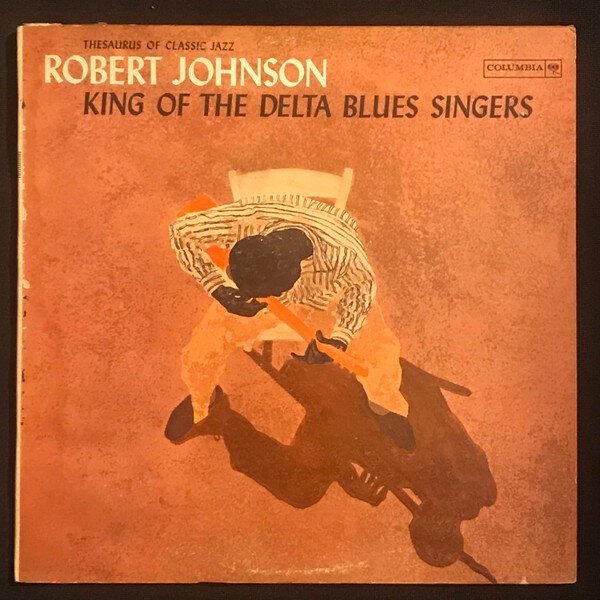 Robert Johnson
Robert Johnson Even after the abolition of slavery, discrimination and poverty persisted.
People sang to find hope, to connect their hearts, and to keep their spirit alive.
It wasn’t merely entertainment — it was
music to survive.
In the early 1900s, the Mississippi Delta gave birth to Delta Blues.
Robert Johnson’s haunting Cross Road Blues embodied the genre —
just a guitar and a voice capturing human suffering and salvation.
The legend that he "sold his soul to the devil” to gain his talent
reflected the fragile line between despair and hope in the Black experience.
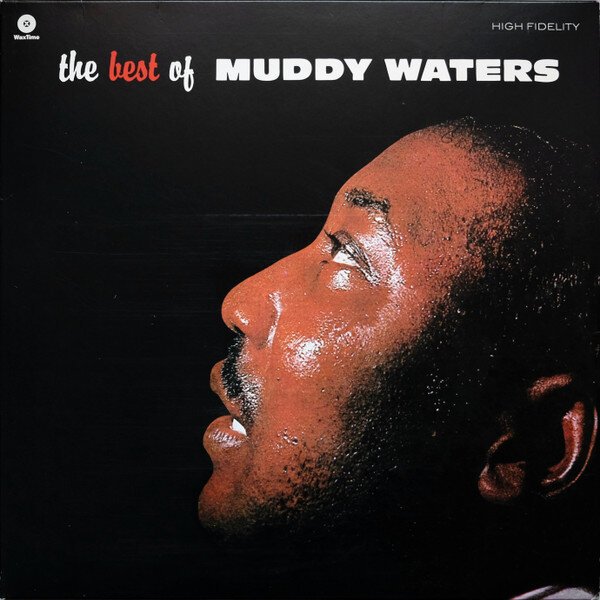 Muddy Waters
Muddy Waters In the 1930s and ’40s, the Blues moved north, finding new life in the city.
With an electric guitar in hand, Muddy Waters lit up Chicago.
His distorted riffs blended with the hum of the city,
and the Blues grew louder, rougher — a cry that shook the streets.
This "Chicago Blues” later inspired young musicians like Elvis Presley and The Rolling Stones,
laying the foundation for the birth of rock ’n’ roll.
For a new generation, that sound carried the ecstasy of release —
the feeling of breaking free from everything that once held them down.
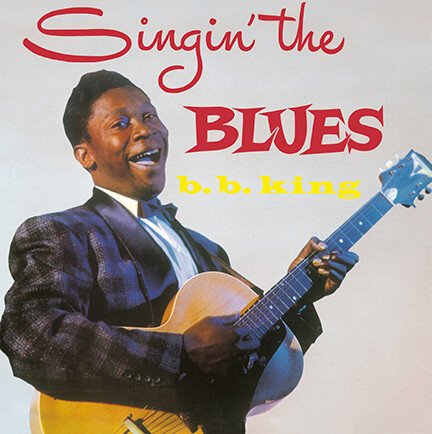 B.B. King
B.B. King The Blues has always lived between
pain and
hope.
When B.B. King played his beloved guitar, "Lucille,”
his tones spoke like human words — trembling, tender, aching.
The twelve-bar progression of the Blues mirrors life itself:
the same struggles return again and again, yet we rise to meet them.
That rhythm — that stubborn pulse — became a symbol of resilience,
the greatest gift music ever gave to humankind.
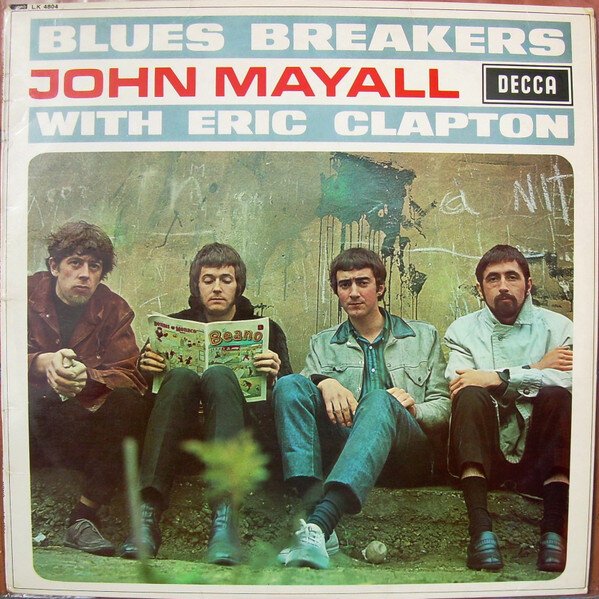 Eric Clapton
Eric Clapton By the 1950s and ’60s, the Blues crossed the ocean and found new life in Britain.
Postwar youth, restless under the weight of conformity,
were captivated by the raw power of American blues records.
For them, this music was rebellion — a spark of freedom.
Eric Clapton, The Rolling Stones, Led Zeppelin —
they carried deep respect for the Black musicians who came before,
rebuilding that sound with their own passion and fire.
Clapton’s guitar cried, shouted, and whispered like a living voice,
carrying the beauty found within sorrow — across borders, across time.
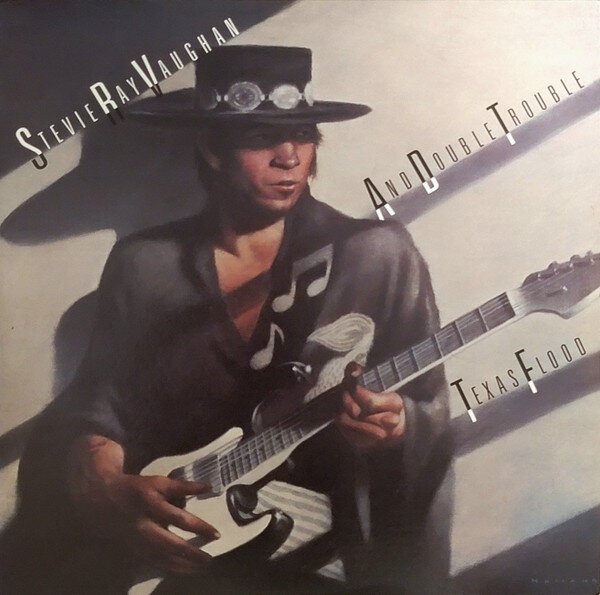 Stevie Ray Vaughan
Stevie Ray VaughanAnd still, the spirit of the Blues lives on.
Stevie Ray Vaughan revived its fire with lightning-like riffs,
while John Mayer captured its loneliness in delicate melodies.
Technology may evolve, and people may scroll their lives away on glowing screens,
but the essence of the Blues never changes.
Because it speaks to something eternal — the
cry that lives inside us all.
The Blues keeps telling its story.
In nights of broken dreams, in mornings of loss and longing,
people still sing — and walk on again.
That rhythm beneath their feet is the heartbeat of the Blues.
And so it continues to flow through the roots of every music on earth.
As long as humans live, the Blues will never die.
It is not just music — it is a record of the soul,
an eternal prayer carved into the sound of life itself.